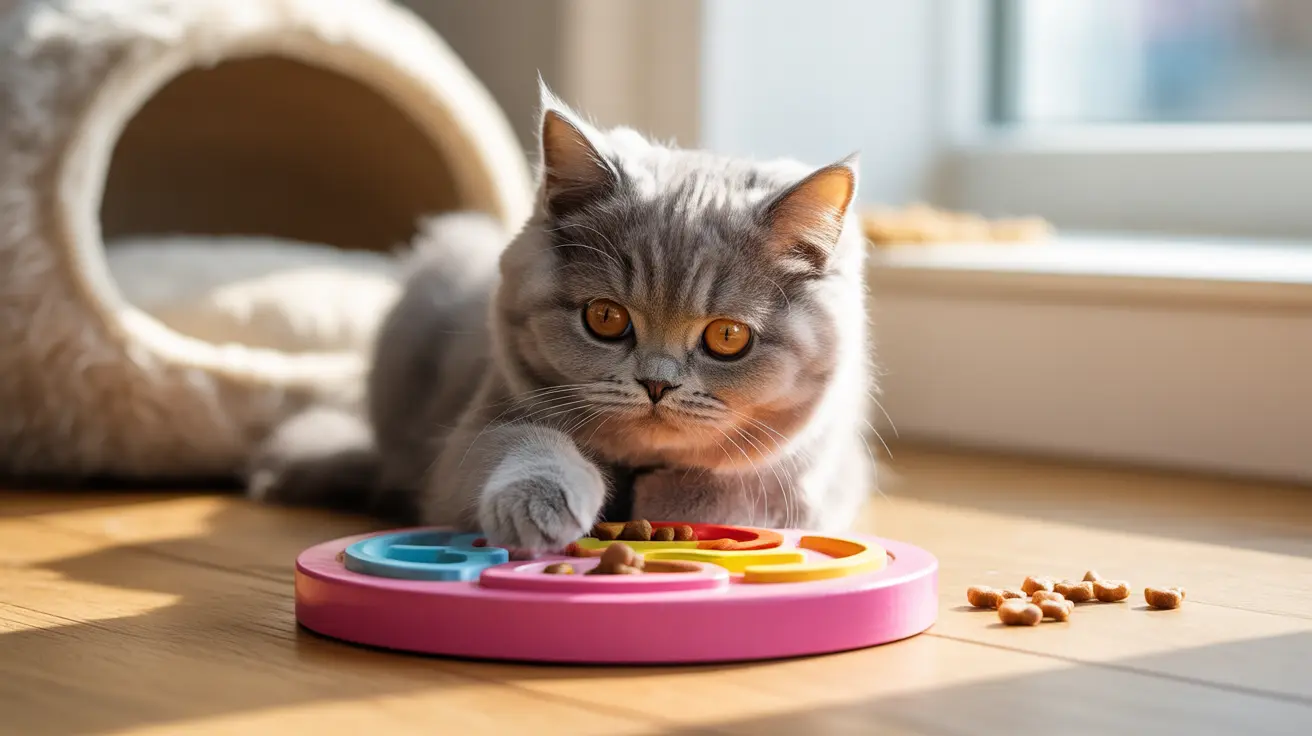If you're planning to spay your cat or have recently done so, you might be wondering about potential weight changes. The short answer is yes - many cats do tend to gain weight after being spayed, but this isn't inevitable with proper management and understanding of the underlying causes.
In this comprehensive guide, we'll explore why weight gain often occurs after spaying, how to prevent it, and what you can do to keep your feline friend at a healthy weight following the procedure.
Understanding Post-Spay Weight Gain
When a cat is spayed, the removal of reproductive organs leads to significant hormonal changes. These changes affect metabolism, appetite, and energy requirements in several ways:
- Decreased metabolic rate
- Increased appetite
- Reduced energy requirements
- Changes in fat storage patterns
Hormonal Changes and Metabolism
After spaying, cats experience a drop in estrogen and other sex hormones that typically help regulate metabolism. This hormonal shift results in a roughly 15% decrease in daily caloric needs. Your cat may need only about 261 calories per day compared to the 305 calories required before surgery.
Appetite and Food Intake
Many cats show increased appetite within weeks after surgery, with peak hunger occurring around 10 weeks post-operation. This combination of increased appetite and decreased caloric needs creates the perfect storm for weight gain if not properly managed.
Prevention and Management Strategies
Dietary Adjustments
The key to preventing post-spay weight gain lies in proper dietary management:
- Reduce food portions by 15-30%
- Switch to a weight management formula if recommended
- Measure meals precisely instead of free-feeding
- Monitor treat consumption carefully
Exercise and Activity
Maintaining an active lifestyle is crucial for spayed cats:
- Schedule daily play sessions
- Provide interactive toys
- Create vertical spaces for climbing
- Consider food puzzle toys to combine eating with activity
Long-term Health Considerations
While weight gain after spaying is common, it's important to prevent obesity to avoid related health issues:
- Diabetes
- Joint problems
- Heart disease
- Reduced lifespan
- Grooming difficulties
Frequently Asked Questions
Do cats typically gain weight after being spayed, and why does this happen?
Yes, cats commonly gain weight after spaying due to hormonal changes that slow metabolism and increase appetite. Studies show spayed cats need about 15% fewer calories than intact cats.
How much should I reduce my spayed cat's food intake to prevent weight gain?
Most veterinarians recommend reducing food intake by 15-30% after spaying. The exact amount depends on your cat's age, activity level, and current body condition.
When is the best age to spay a cat to minimize the risk of obesity?
The timing of spaying doesn't significantly affect long-term obesity risk. The focus should be on proper post-surgery weight management regardless of when the procedure is performed.
What are the most effective ways to manage my cat's weight after spaying?
The most effective strategies include portion control, regular exercise, scheduled feeding times, and choosing appropriate cat food formulations for spayed cats.
Is weight gain after spaying inevitable, or can it be prevented with proper care?
Weight gain is not inevitable. With proper diet management, regular exercise, and monitoring, cats can maintain a healthy weight after spaying.
Conclusion
While weight gain after spaying is a common concern, it's entirely manageable with proper care and attention. By understanding the physiological changes your cat experiences and implementing appropriate dietary and lifestyle modifications, you can help your feline friend maintain a healthy weight throughout their life.
Remember to work closely with your veterinarian to develop a personalized post-spay care plan that takes into account your cat's individual needs and circumstances.






